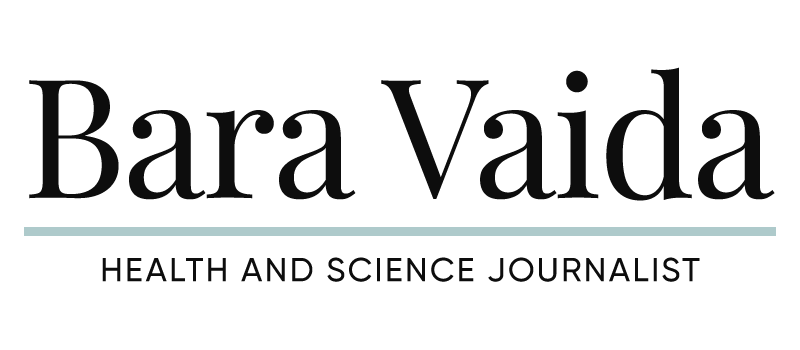 Health care costs are out of control. The U.S. is expected to spend $4.6 trillion just on health care services by 2020. If that prediction comes true, that would mean about a quarter of our economy (which was about $15 trillion in 2010) will be spent just on health care. Nothing else. So how do public policy makers get ahold of the driving forces behind those costs and try to slow them down?
Health care costs are out of control. The U.S. is expected to spend $4.6 trillion just on health care services by 2020. If that prediction comes true, that would mean about a quarter of our economy (which was about $15 trillion in 2010) will be spent just on health care. Nothing else. So how do public policy makers get ahold of the driving forces behind those costs and try to slow them down?
One way is to analyze health data and spending patterns. That is exactly what a set of academics, economists and public health researchers intend to do with today’s launch of the Health Care Cost Institute. The non-profit will be able to access 5 billion health insurance claims records, provided by 4 of the nation’s largest health insurers, Aetna, Humana, Kaiser Permanente and United Healthcare.
The New York Times writes about it here.
I decided to go to the press conference announcing this new Institute because the insurers’ decision is significant. Up until now, private insurance information hasn’t been’ available for research. Only Medicare health claims data has been available to the because it is a government program. Private insurance claims will provide a window into health spending patterns of those under 65.
The claims information won’t be released directly to the public to ensure patients’ privacy. Academics and researchers will get a version of the data, without patient identifying information, for specific research projects, like learning about regional differences in care, or how technological developments are impacting the costs of care.
“Better understanding of health spending and services can improve quality of care and save money,” said Dr. Harvey Fineberg, president of the Institute of Medicine and an adviser to the new Institute.
As a reporter, I love the idea of this new institute because the initiative is all about making more information available. Reporters have mined the Medicare claims database for all kinds of interesting stories, as outlined here, by the University of Southern California’s Reporting on Health Blog.
I’m looking forward to learning what researchers find in all this data and what reporters might have access to.
(Photo courtesy of Creative Commons)
